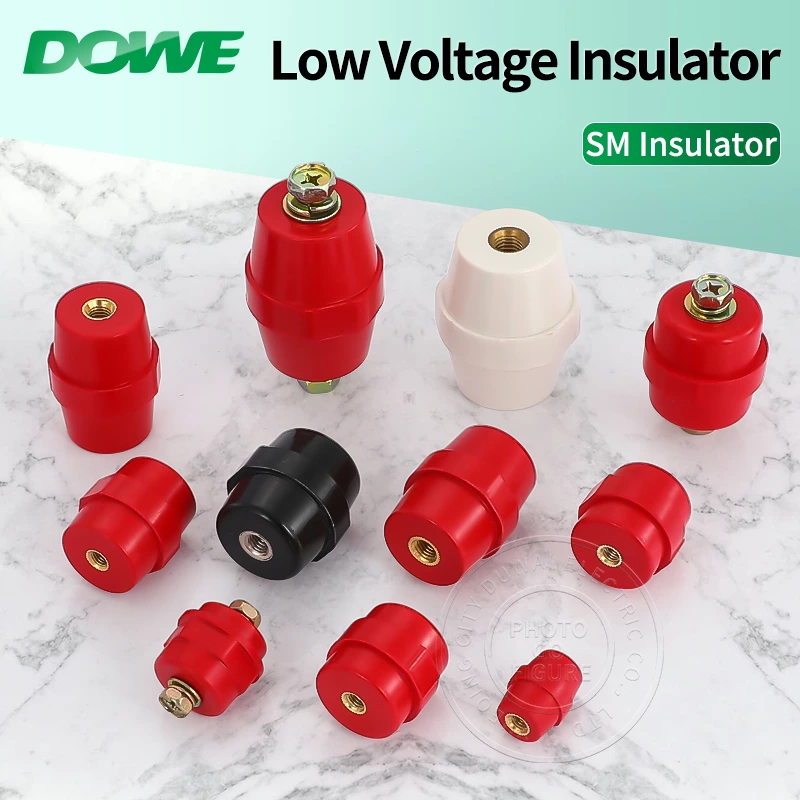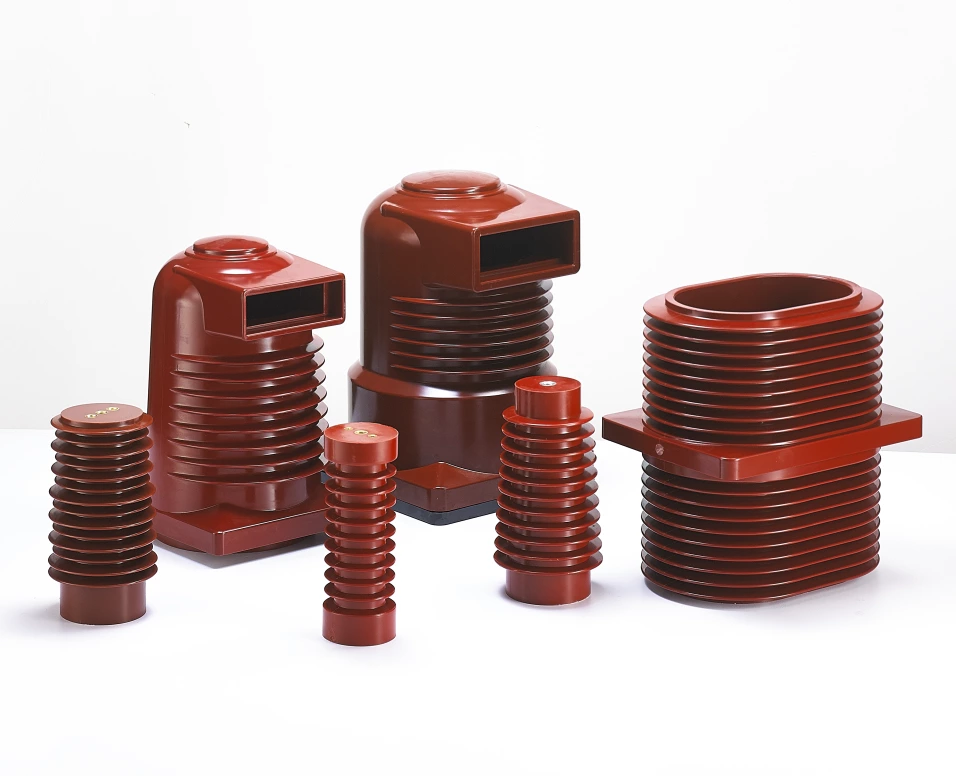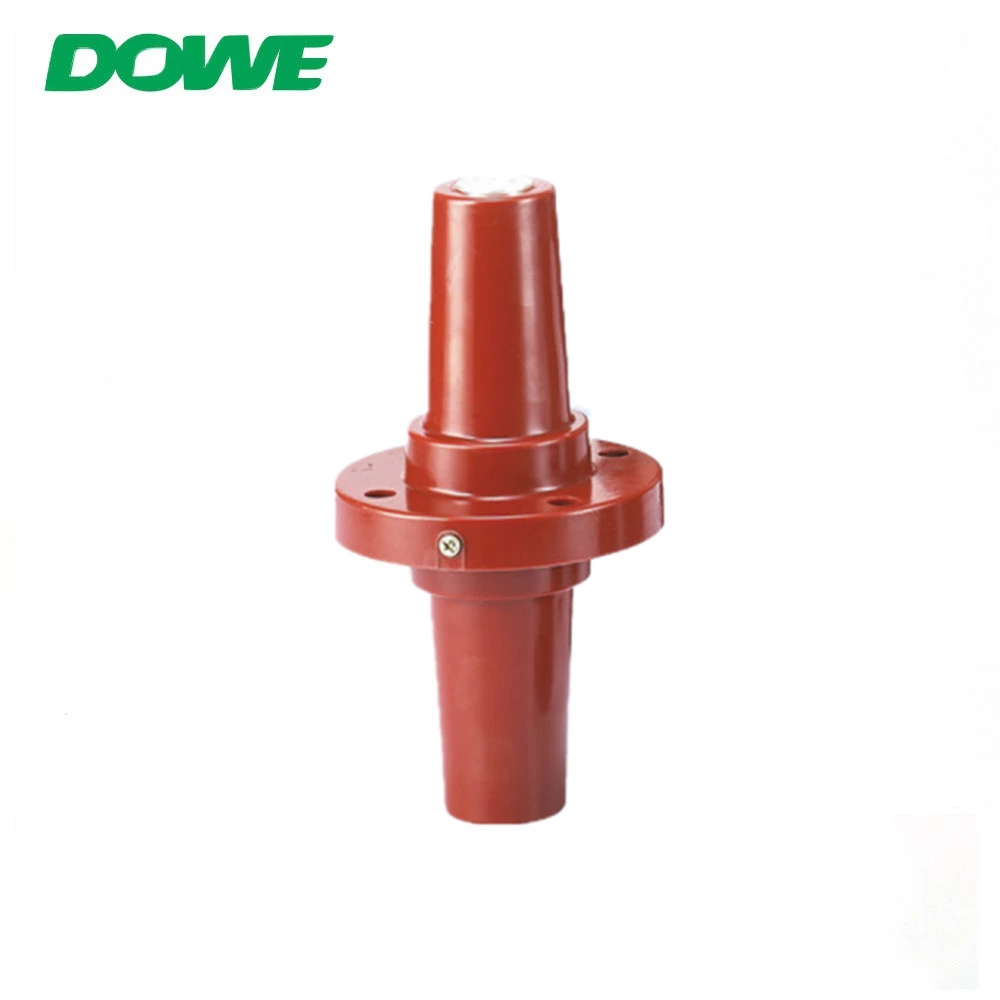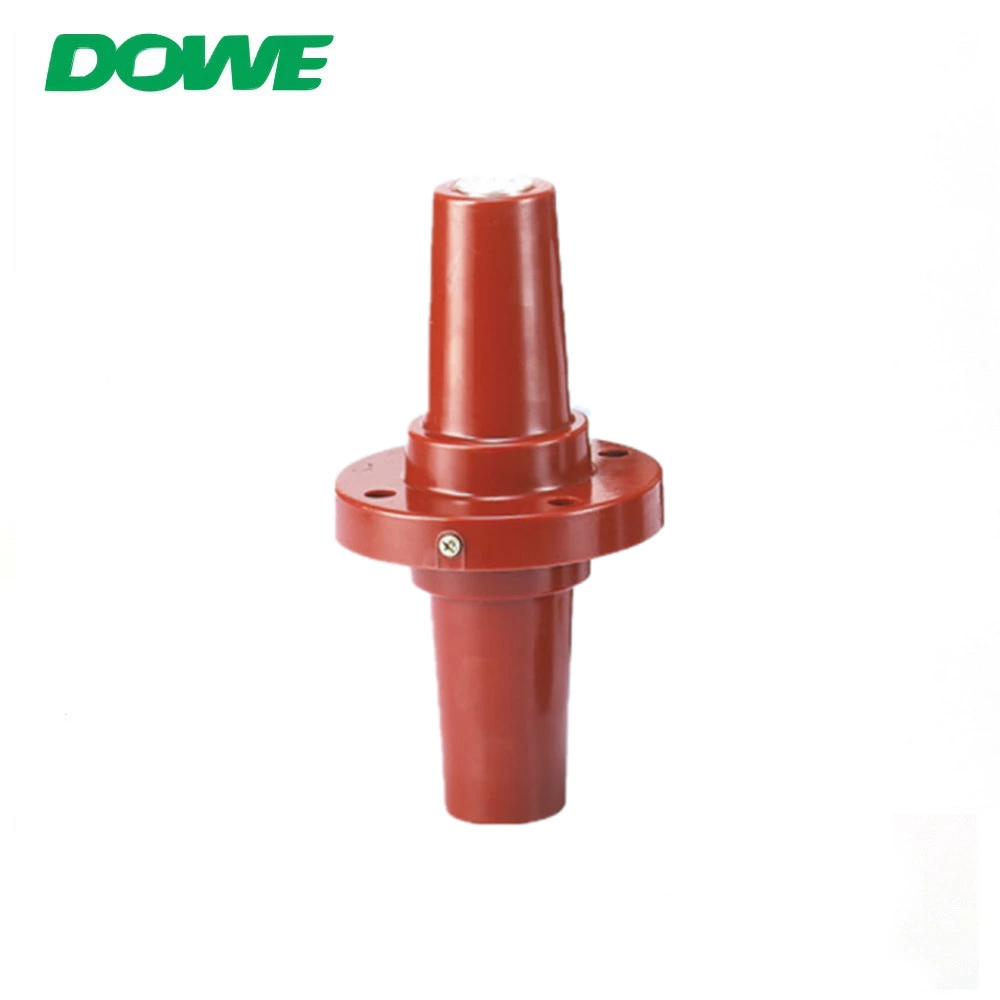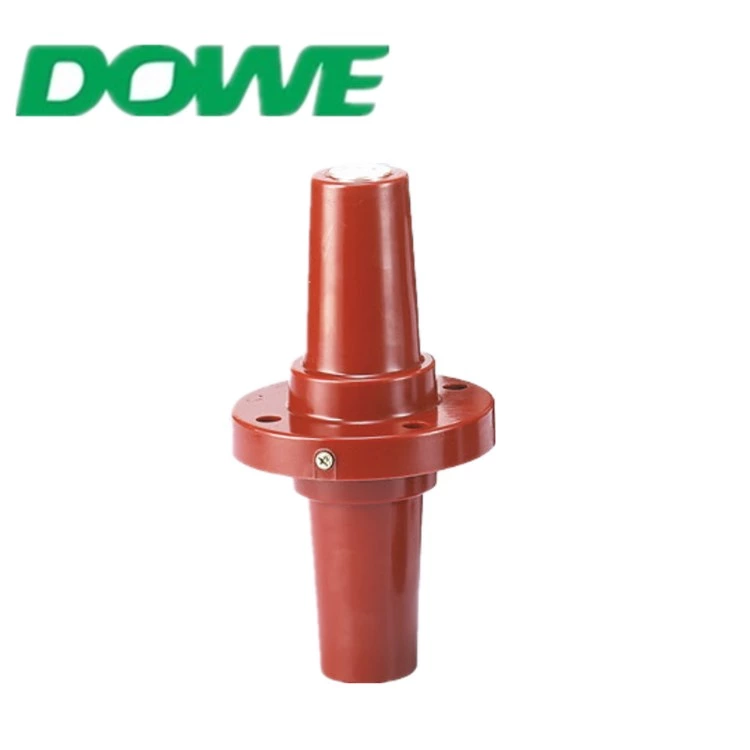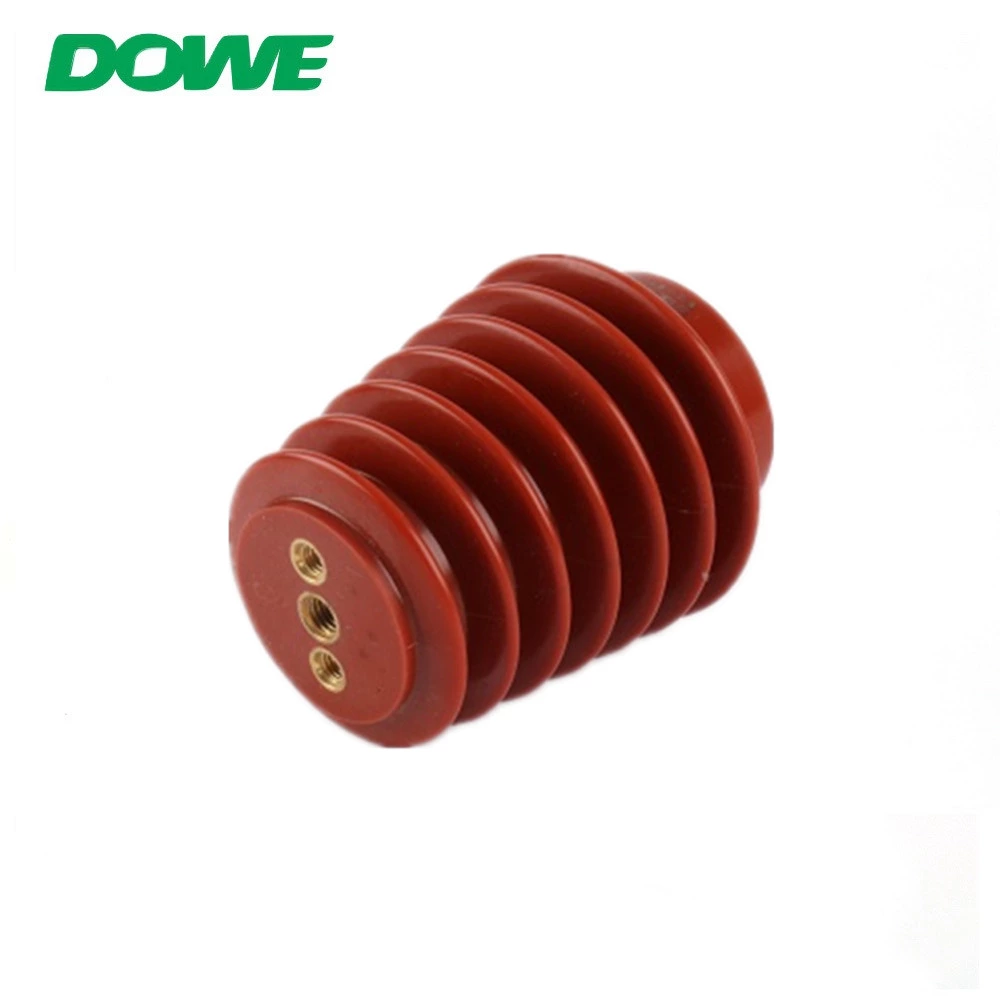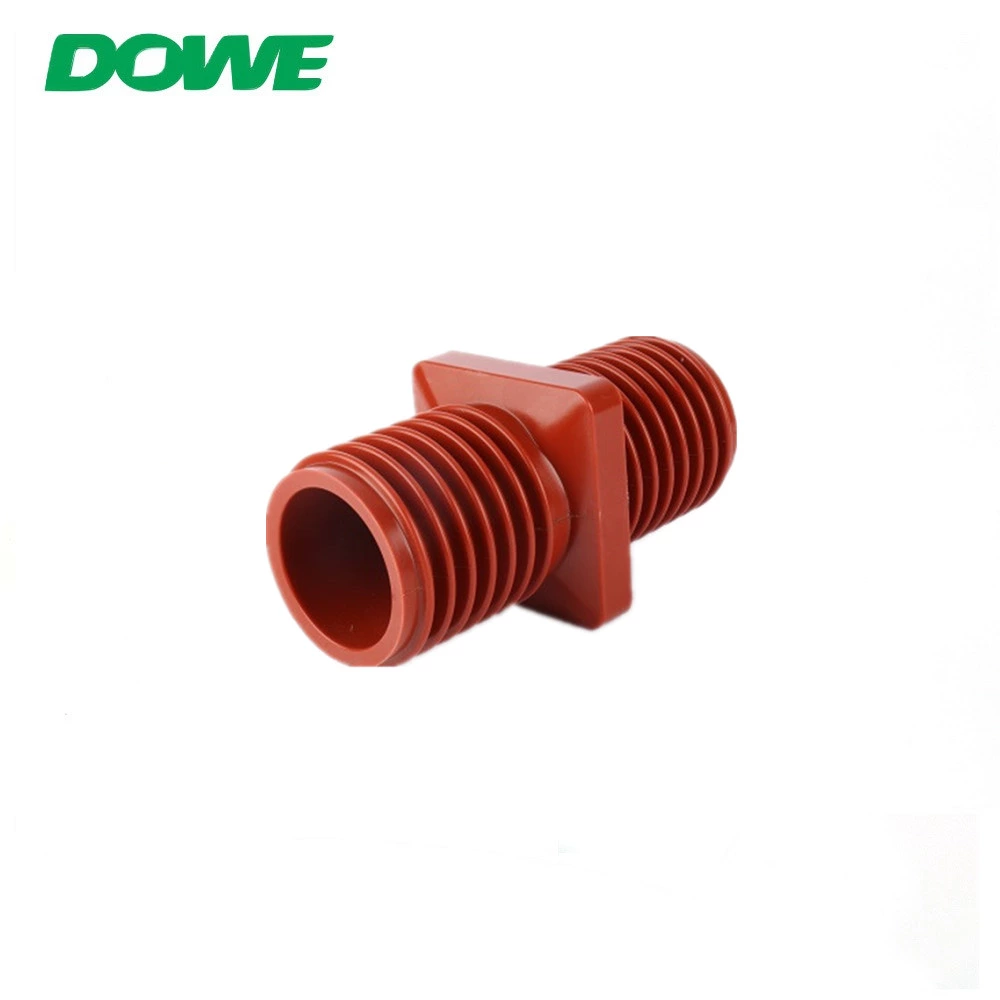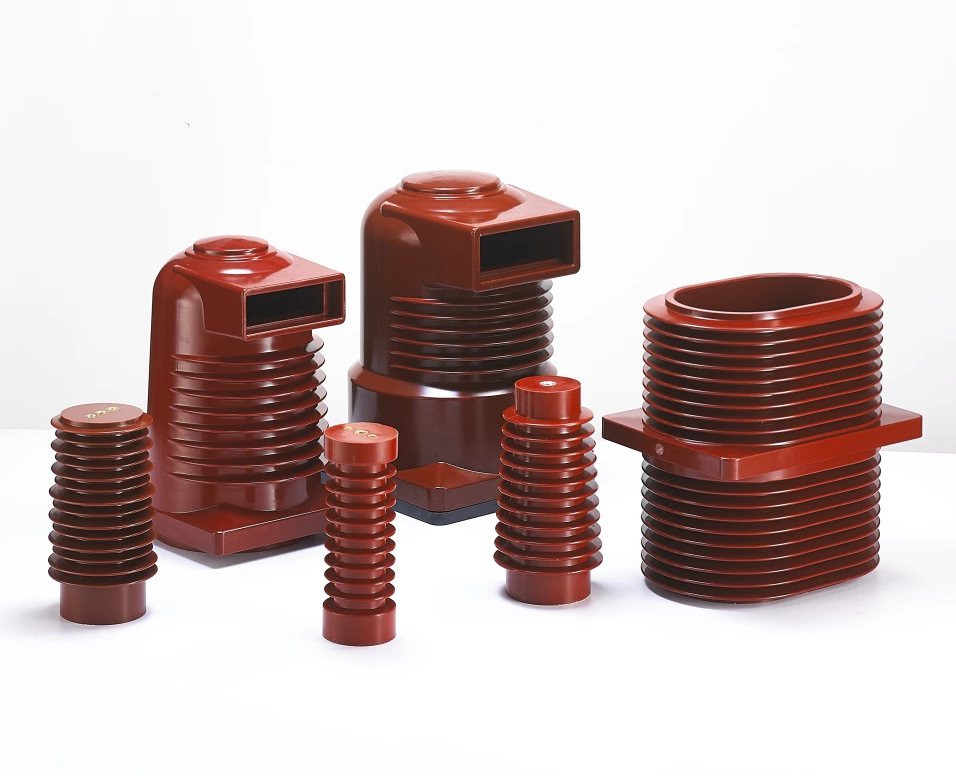What materials are used for electrical insulators?
Electricity is powerful ⚡, but without proper insulation, it becomes dangerous ☠️. Choosing the right material for electrical insulators is key to safety and efficiency. So, what are the best materials used in insulators?
Electrical insulators are made from materials like porcelain, glass, polymer, and composite compounds. These materials prevent electrical leakage, ensure safety, and improve system reliability.
Not all insulators are the same! Some work better for high voltage ⚡, while others are ideal for outdoor use 🌦️. Let’s explore these materials and their applications.
📖 Table of Contents
- Why is porcelain a widely used insulator material? 🏺
- Is glass a better alternative to porcelain for insulators? 🏗️
- Why are polymer insulators gaining popularity? 🛠️
- What are composite insulators and how do they differ? 🔬
- Conclusion 🏁
Why is porcelain a widely used insulator material? 🏺
Porcelain has been used in electrical systems for over a century. It’s durable, reliable, and withstands extreme conditions 🌡️.
Porcelain insulators1 are made from clay, quartz, and feldspar. They offer high mechanical strength 💪, excellent electrical resistance ⚡, and durability against weather conditions 🌧️.

✅ Advantages of Porcelain Insulators
| Feature | Benefit |
|---|---|
| 🔩 High mechanical strength | Can support heavy loads |
| 🌦️ Resistant to weather changes | Works well in outdoor applications |
| 🚫 Non-porous surface | Prevents moisture absorption |
📌 Where Are Porcelain Insulators Used?
- Transmission lines ⚡
- Substations 🏭
- High-voltage switchgear 🔌
Porcelain remains a top choice because of its time-tested reliability, but it's not the only option.
Is glass a better alternative to porcelain for insulators? 🏗️
Glass insulators2 have unique properties that make them stand out. They are highly transparent, making visual inspections easier 👀.
Glass insulators offer high dielectric strength and are resistant to aging 🏛️. They are also self-cleaning, which reduces maintenance needs.

🌟 Benefits of Glass Insulators
- ✅ Excellent electrical insulation properties
- 🛡️ Resistant to chemical corrosion
- 💪 Better mechanical strength than some ceramic insulators
However, glass is brittle and can break under heavy mechanical stress 🔨. That’s why it’s mostly used in medium-voltage applications.
Why are polymer insulators gaining popularity? 🛠️
Polymer insulators3, also known as composite insulators, are becoming the preferred choice in modern electrical systems ⚙️.
Polymer insulators are lightweight 🎈, resistant to vandalism 🚫, and provide excellent pollution resistance 🌫️. They are made from fiberglass cores with silicone rubber or epoxy resin housing.

🔥 Key Benefits of Polymer Insulators
- 🎈 Lighter than porcelain and glass
- 🚀 High resistance to environmental pollution
- 💪 Flexible and impact-resistant
📌 Common Uses
- High-voltage transmission lines ⚡
- Coastal and industrial areas with high pollution 🌊🏭
- Areas prone to vandalism 🚨
What are composite insulators and how do they differ? 🔬
Composite insulators4 are a mix of different materials to enhance performance. They combine polymer, fiberglass, and silicone rubber for the best properties 🔧.
Composite insulators provide high resistance to contamination 🦠, excellent mechanical strength 💪, and a long lifespan ⏳.
🔎 How Do They Compare to Other Materials?
| Material | Strength 💪 | Weather Resistance 🌦️ | Weight ⚖️ |
|---|---|---|---|
| 🏺 Porcelain | High | Good | Heavy |
| 🏗️ Glass | Medium | Excellent | Heavy |
| 🛠️ Polymer | Medium | Excellent | Light |
| 🔬 Composite | High | Excellent | Light |
Composite insulators are used in extreme environments, like areas with high humidity 💧, salt exposure 🌊, and chemical contamination 🏭.
Conclusion 🏁
Different electrical insulation materials serve different needs. Porcelain, glass, polymer, and composite insulators all have their place in power systems 🔌. Choosing the right one depends on voltage levels ⚡, environment 🌎, and mechanical strength requirements 💪.
-
Porcelain as an electrical insulator – Porcelain is a ceramic material made from clay, quartz, and feldspar, offering high mechanical strength and durability against weather conditions. Learn more ↩
-
Glass insulators in electrical systems – Glass insulators provide high dielectric strength and resistance to aging, making them ideal for electrical transmission. Read more ↩
-
Polymer insulators and their advantages – Polymer insulators, made from fiberglass and silicone rubber, offer lightweight and vandal-resistant benefits. More info ↩
-
Composite insulators vs traditional materials – Composite insulators combine polymer and fiberglass to enhance performance, making them ideal for extreme conditions. Explore further ↩
